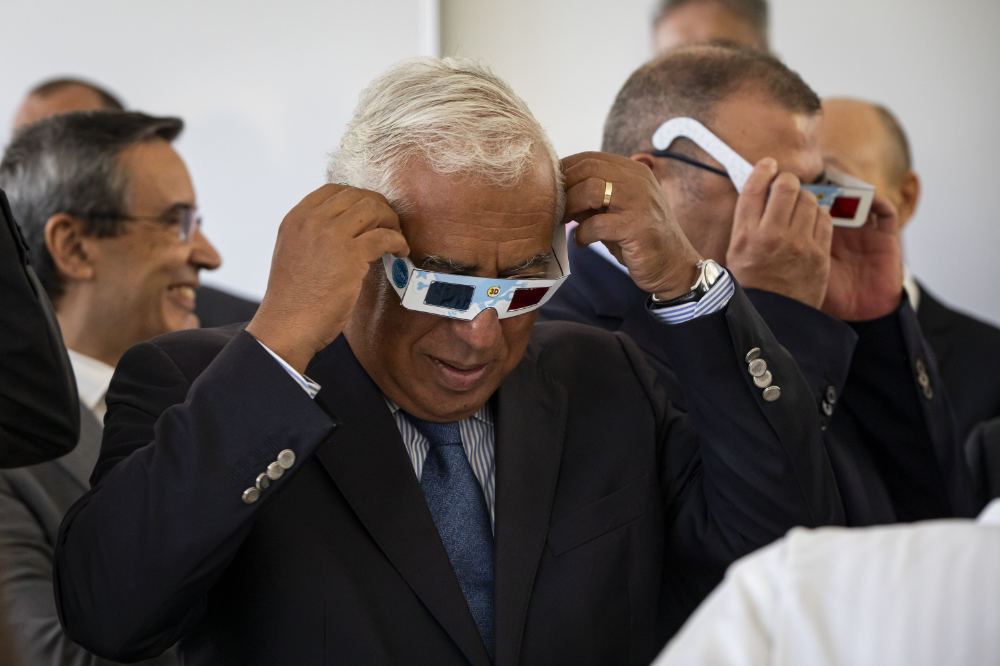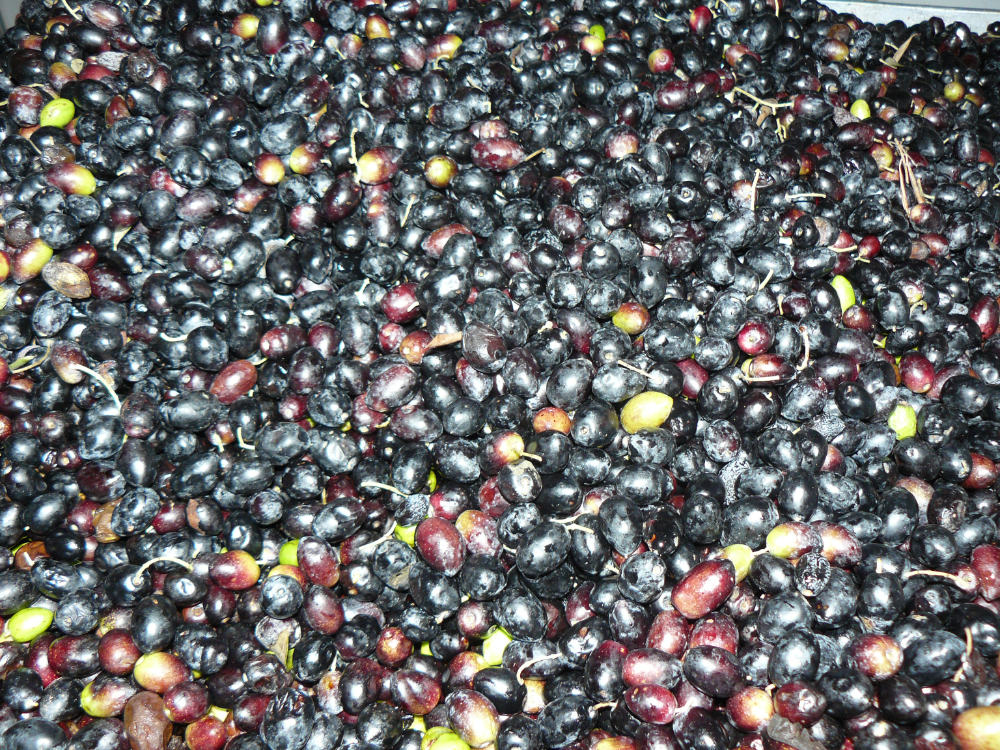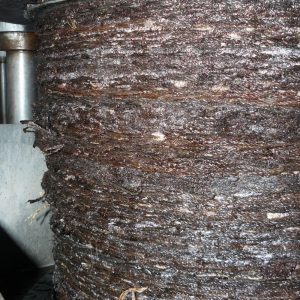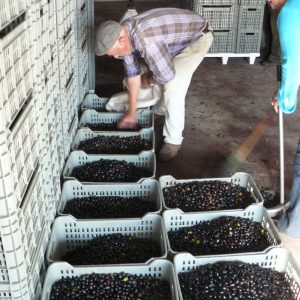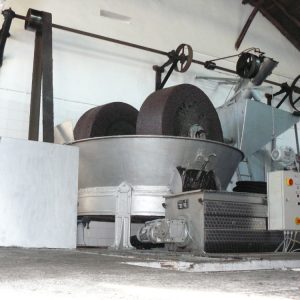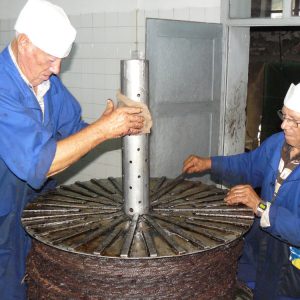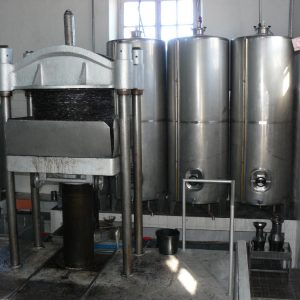Saturday 11th November 2023.
Nearly everything has been said about the possible mining of lithium in northern Portugal. As far back as in autumn 2019, four years ago now, ECO123 was already taking an in-depth look at this issue. This is something you might want to read up on again? Clicking on https://eco123.info/portugal/entrevistas/o-legado-que-vou-deixar-aos-meus-filhos-e-o-que-a-mina-la-deixar/ will take you to our extensive ECO 123 archive. That’s when you’ll understand why Portugal’s Prime Minister has now stepped down, and why active and passive corruption rears its ugly head again and again with issues shaping our future, clean energy, the ability to live in a sustainable and future-proof way. Even 50 years after the abolition of the dictatorship and in the midst of the democratic transition the old antiquated system of I’ll-scratch-your-back-if-you-scratch-mine is alive and kicking still. Why is corruption still a means to an end influencing decisions? Why are monetary gifts even accepted in authorities such as the APA or in ministries such as the Department of the Environment? Why does dirty money play such a decisive role in the life of the Ladies and Gentlemen Ministers while nature is left way behind? Clean energy needs clean politics!
This week I decided to avoid the information waste from the capital, to go and pick olives, in my olive grove. And it’s from there that I’m reporting to you:
Picking olives is one of the most satisfying activities in life. You can harvest olives in a group, as a family, with friends – yet also on your own. There is always something to start musing about beneath the trees, or something to prompt telling a story. Sometimes, picking olives may bring you inner peace. Also there are different techniques. Some beat the branches of the olive tree with a stick, making the olives drop onto a net spread out on the ground – others will pick the olives from the tree as they would cherries. The latter way gives a very fine quality, for if you want to take your olives to the olive mill they remain intact, yielding the best olive oil during the pressing process. It will have an unmistakable, very earthy flavour.
The lowest ecological footprint, the one with the lowest amount of CO2 emissions, is the one of self-sufficiency. A product doesn’t have to be transported from the producer to thei intermediary and on to the supermarket, nor does it need to be packaged up, saving refrigeration and electricity, as well as transport and the use of fossil fuels. And those living self-sufficiently know all the ingredients of their own foodstuffs, learning to value the earth they live on (and off): now that is local economy at its best.
In most of Portugal‘s villages the olive mills have closed their doors for good. Life is ever more shifting from the countryside into the towns and cities. Most villages are dying with rural exodus. In the province of Algarve you will now only find five small olive mills spread across 200 km: in Santa Catarina Fonte de Bispo, in Moncarapacho, in São Brás de Alportel in the Sotavento – and in São Bartolomeus de Messines, as well as in Pardieiros near Monchique in the Barlavento. Most inhabitants of Portugal are already buying their industrially-produced olive oil from the supermarket.
As for me, I drive my full-to-the brim bucket of olives to Pardieiros, past hundreds of olive trees, its olives falling to the ground without being harvested, and left to rot. Back to the Future. In the 1970s the venerable patron António Oliveira Santos (85) had bought the estate with his family. To this day he will stand by the machines, maintaining the Bowden wires, cleaning the millstones, and supervising the many other tasks taken care of by a tried and trusted team. His grandson Miguel (26) has been involved for the past three years now. It is Miguel who takes my bucket and proceeds to weigh it: 6.4 kg. The empty bucket weighs 400 grammes. Which means that this morning I have rolled up my sleeves and picked six kilogrammes in four hours. This is already the third bucket this week, with a few more to follow.
In the background the machines are humming away, giving off a monotonous sound. The turning millstones are mashing two tons of olives to a pulp. The pressing as such only takes place one step later on in the process. The pulp is spread across the round sisal carpets, and, hey presto, fed into the press. A mixture of oil and water is dripping in slow motion from the carpets and funnelled into the centrifuges. There the mixture is spun, separating water and olive oil.
An olive mill works for two months in a year, with harvest time spanning the period from mid-October to early December. After that the machines have to be cleaned for two weeks, everything that is sticky and oily scrubbed with hot water. Then, in a month or two, I’ll make my way there with my empty 5l bottle and pick up my olive oil. Some 10 kg of olives yield two litres of olive oil. One litre is taken by the patron for his work, one litre is bottled for myself and my kitchen: fifty-fifty. So I’ll have to pick a few more buckets of olives if this November‘s golden, thick and cold-pressed olive oil is to last into the next year. Well then, onwards and upwards …
A question for our readers: how many kilos of olives do you have to pick and take to the olive mill, in order to receive five litres of olive oil? Write to theobald.tiger8550@gmail.com. The first three correct replies from our subscribers in Portugal qualify for a small bottle (0.25l) of native olkive oil from Monchique. Have fun.
 Eco123 Revista da Economia e Ecologia
Eco123 Revista da Economia e Ecologia

